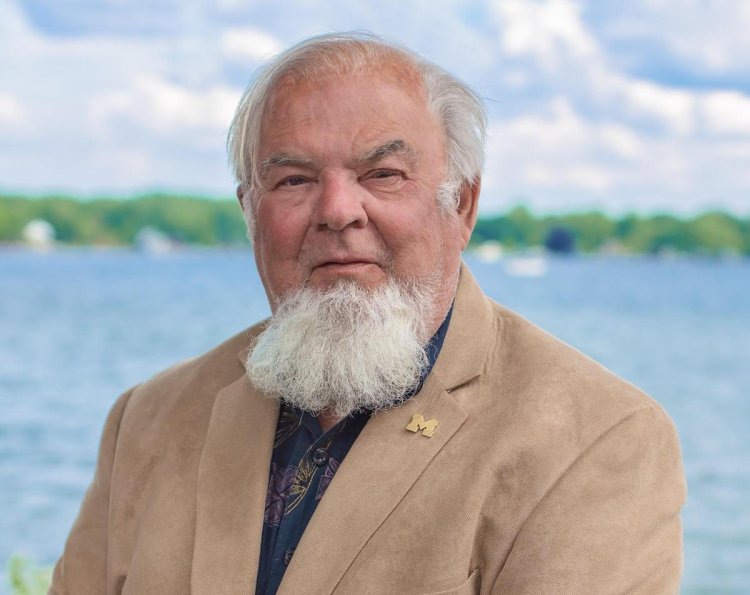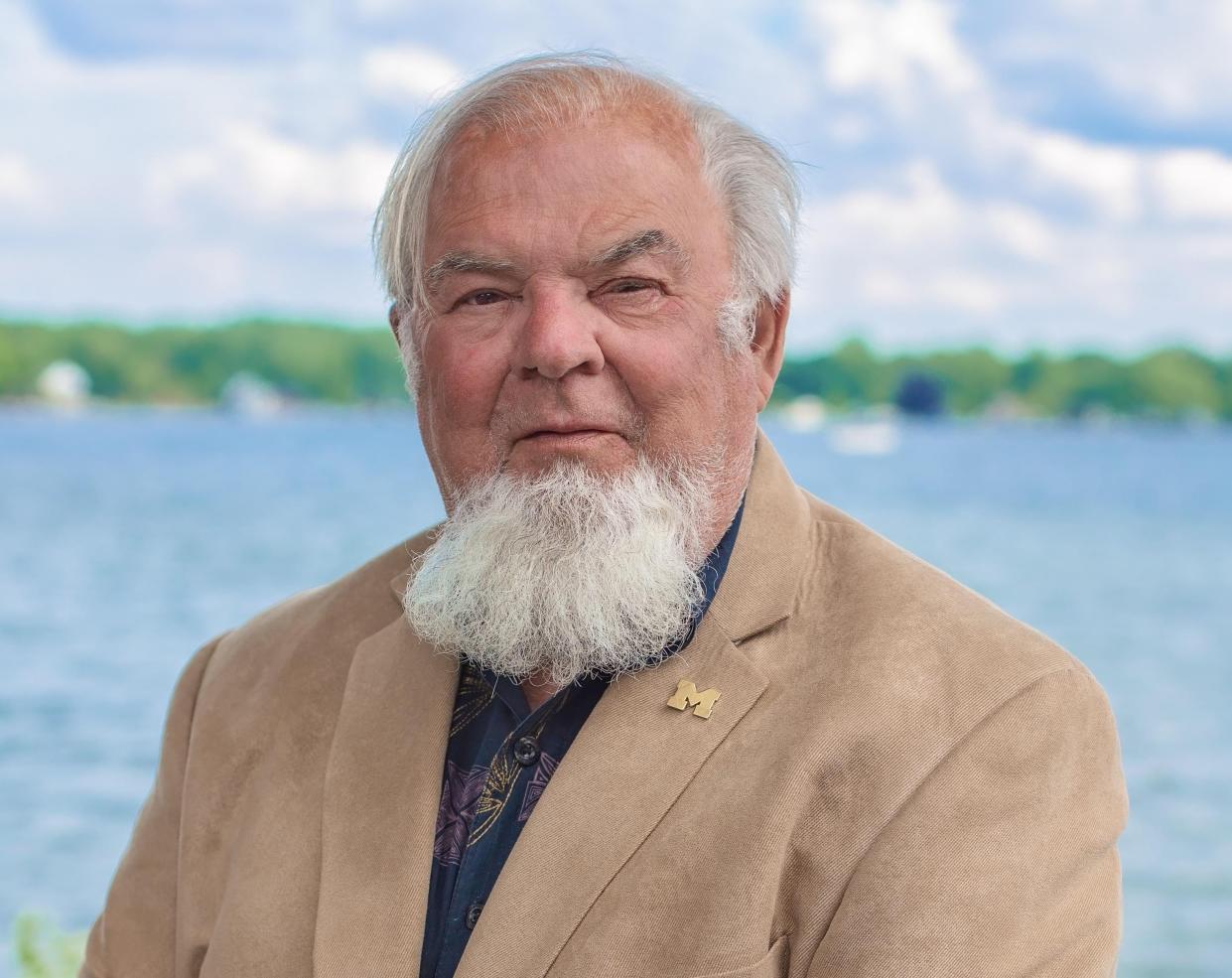James W. Pfister: Putin’s arrest warrant, the ICC, American hypocrisy
James W. PfisterTraditionally, international law dealt only with nation-states (herein states) and international organizations, not with individuals. After World War II, however, the Nuremburg and Tokyo trials brought criminal liability to the individual level in criminal law prosecutions. Recently, on March 17, 2023, Russian President Vladimir Putin was issued an arrest warrant by the International Criminal Court (ICC) for an ongoing war crime committed during the Ukraine War.The United States has strongly supported this arrest warrant but is not itself a party to the ICC statute; instead, it has harshly criticized the ICC, even threatening it with military attack if an American national were ever arrested. Hypocrisy?The ICC was founded on July 17, 1998, and went into effect on July 1, 2002. It was seated at the Hague, Netherlands, as a permanent criminal court. Although the U.S. was active in drafting the ICC statute, it voted against the ICC founding when it was unable to get its wa


Traditionally, international law dealt only with nation-states (herein states) and international organizations, not with individuals. After World War II, however, the Nuremburg and Tokyo trials brought criminal liability to the individual level in criminal law prosecutions. Recently, on March 17, 2023, Russian President Vladimir Putin was issued an arrest warrant by the International Criminal Court (ICC) for an ongoing war crime committed during the Ukraine War.
The United States has strongly supported this arrest warrant but is not itself a party to the ICC statute; instead, it has harshly criticized the ICC, even threatening it with military attack if an American national were ever arrested. Hypocrisy?
The ICC was founded on July 17, 1998, and went into effect on July 1, 2002. It was seated at the Hague, Netherlands, as a permanent criminal court. Although the U.S. was active in drafting the ICC statute, it voted against the ICC founding when it was unable to get its way regarding the prosecution of U.S. nationals without its consent. Only seven states voted against it. The U.S. wanted a veto over prosecutions. Indeed, Congress passed the American Servicemembers’ Protection Act, which barred cooperation with the ICC and authorized the use of force to free any U.S. national held in ICC custody (humorously called the “Hague Invasion Act”). The U.S. entered into bilateral agreements with other states so they would not send U.S. nationals to the ICC. The U.S. should not expect special treatment in a world of sovereign equality under law.
Nevertheless, the U.S. has supported the prosecution of Putin! Russia is also not a member of the ICC. The chief prosecutor of the ICC, Karim Khan, requested the judges of the court to issue arrest warrants for Putin and for the commissioner for children’s rights, Maria Lvova-Belova. They are charged with the transfer of over 16,000 Ukrainian children from Ukraine to Russian territory, both orphans and those separated from their parents. More charges against Putin on more issues should be forthcoming.
There must be jurisdiction for the ICC to act. Even though Russia is not a member, in 2015, after the Russian seizure of Crimea in 2014, Ukraine granted the ICC jurisdiction to investigate war crimes and crimes against humanity committed on Ukrainian territory, consistent with Article 12 of the ICC statute. Also, several states requested the ICC prosecutor to investigate Russian activities in Ukraine consistent with Article 14.
The ICC does not try individuals in absentia, so Putin must be arrested by a cooperating government and transferred to the Hague. This has affected Putin’s travel plans. The BRICS summit is in South Africa this Aug. 22-24, consisting of Brazil, Russia, India, China and South Africa. South Africa is a member of the ICC and would be obligated to arrest Putin. The president of South Africa requested an exemption from this obligation. It must not have been granted since Putin will not be attending. (David McKenzie, et al., “Putin will not attend BRICS summit in South Africa, as ICC arrest warrant overshadows key talks,” CNN, July 20, 2023).
Undeterred by hypocrisy, the U.S. view of the ICC has brightened since the Ukraine War. In December 2002, Congress amended the American Servicemembers’ Protection Act to allow cooperation with the ICC regarding non-U.S. nationals. (“Contemporary Practice of the United States,” American Journal of International Law, July 2023).
The U.S. is at a decision point regarding the ICC. The U.S., I believe, should join it. The U.S. should not fear bias of the prosecutor of the ICC because, under Article 17 of the ICC statute, the ICC asserts jurisdiction only when a state in unable or unwilling to investigate and prosecute its own nationals. The U.S. has the ability and should have the will to prosecute its own nationals for war crimes.
The foundation of domestic law is the criminal law. For the stability of the international system, a universal criminal law on the most important issues is a worthy milieu goal. This is what the ICC statute does, providing not only procedural but also substantive law. The U.S. should participate as a matter of principle, and leadership, not only when it is opportunistic to do so.
James W. Pfister, J.D. University of Toledo, Ph.D. University of Michigan (political science), retired after 46 years in the Political Science Department at Eastern Michigan University. He lives at Devils Lake and can be reached at [email protected].
This article originally appeared on The Daily Telegram: James Pfister: Putin’s arrest warrant, the ICC, American hypocrisy
What's Your Reaction?

















